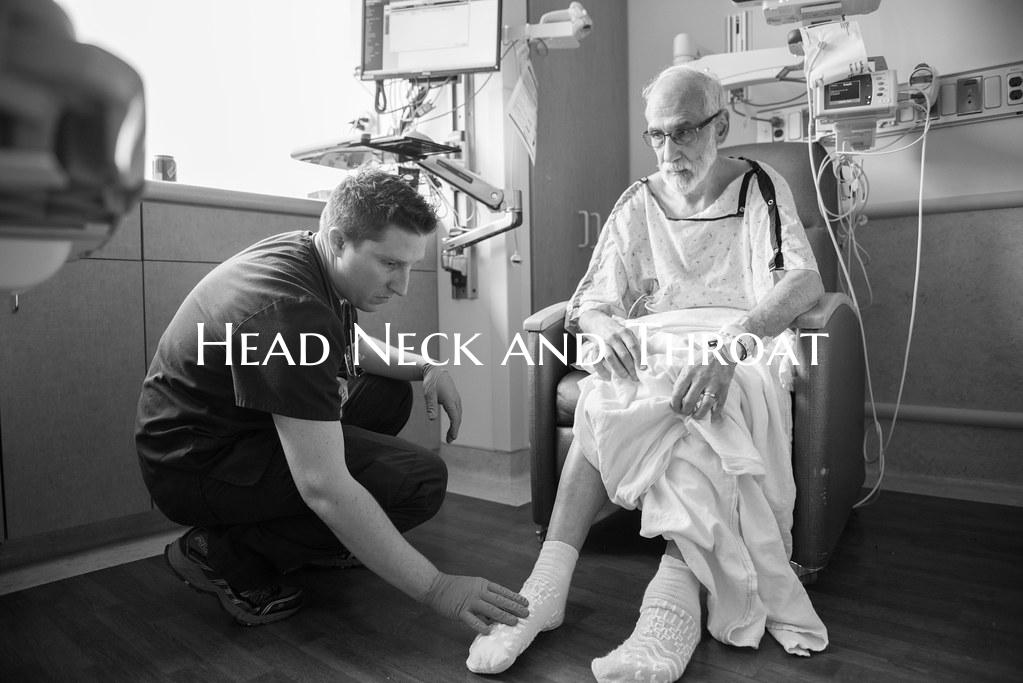
Head Neck and Throat
Our head, neck, and throat are vital parts of the body that play crucial roles in our overall health and well-being. From supporting our ability to breathe and swallow to housing essential sensory organs, these interconnected structures require proper care and attention to function optimally.
The head contains the brain, the command center of the body, as well as the eyes, ears, nose, and mouth. These sensory organs not only enable us to interact with the world but also help us maintain balance, communicate, and experience emotions. Keeping the head healthy involves protecting it from injuries, wearing appropriate headgear during activities that pose a risk of head trauma, and addressing any concerns such as headaches or vision problems promptly.
The neck serves as a bridge between the head and the rest of the body, housing vital structures such as the cervical spine, esophagus, and major blood vessels. Proper neck care includes maintaining good posture to prevent strain on the neck muscles, staying hydrated to support spinal disc health, and avoiding excessive bending or twisting motions that could lead to injury.
The throat plays a central role in both breathing and swallowing, serving as a passageway for air and food. Common throat conditions such as sore throats, tonsillitis, and acid reflux can affect our ability to speak and eat comfortably. Practicing good throat hygiene, such as staying hydrated, avoiding irritants like smoke or excessive yelling, and seeking medical attention for persistent throat issues, can help maintain throat health.
Regular check-ups with healthcare providers, including dentists, otolaryngologists (ear, nose, and throat specialists), and primary care physicians, can help identify and address any potential concerns with the head, neck, and throat. Early detection of issues such as infections, tumors, or structural abnormalities can lead to better treatment outcomes and improved overall health.
In conclusion, caring for our head, neck, and throat is essential for maintaining a high quality of life. By practicing healthy habits, seeking medical attention when needed, and staying informed about potential issues, we can ensure that these vital body parts continue to function properly and support our well-being for years to come.